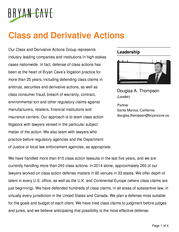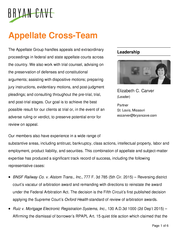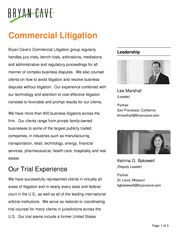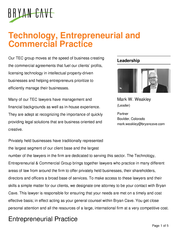Description
The recourse to the presumption in the absence of serious evidence.
The absence of appreciation of the notorious economic difficulties of the sector involved.
The negligible market share of the parties.
In light of the above, the IAC argued that the alleged anti-competitive conduct cannot be
considered as the only plausible explanation of the Companies’ behaviour, even in terms of a
concerted practice, since the relative conduct could have been deemed just as unilateral
decisions of the Companies in response to economic inputs of the sector involved.
These IAC judgements continue a trend that shows the close scrutiny that the IAC has over the
ICA. Therefore businesses who have been the subject of recent adverse decisions by the ICA
should consider obtaining legal advice on the possibility of appealing these cases.
RELATED PRACTICES
Antitrust and Competition
EU & Competition Law
Page 10 of 10
.
Regulations Presentations
+
Regulations Sub Categories














